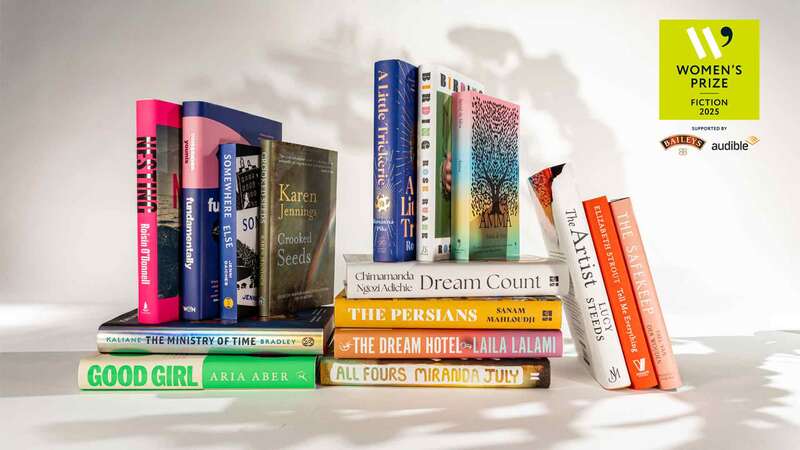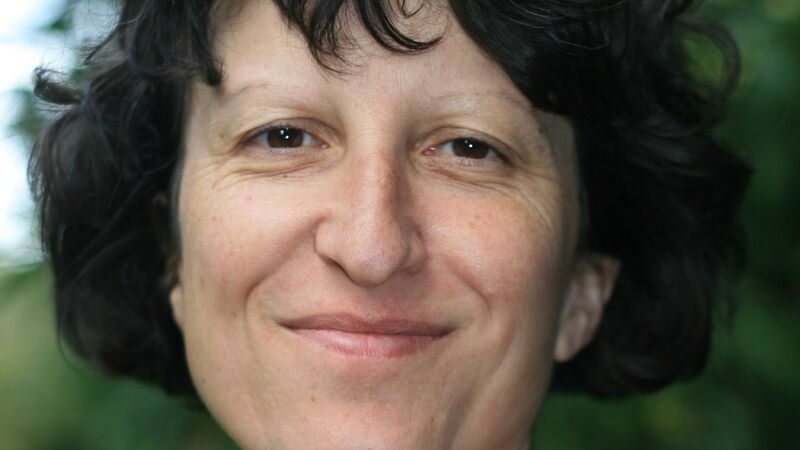You are viewing your 1 free article this month. Login to read more articles.
Time to talk up the industry, academic book trade told
The academic publishing and bookselling sectors are facing multiple calls to “talk up what you do” in the face of a changing political environment around higher education.
Following Brexit, the sectors are likely to face a number of challenges, not least of which are fewer international students. The introduction of the Teaching Excellence Framework (TEF) assessment for universities does not make any mention of resources and, as one vice-chancellor put it, there’s “a tonal shift” in the media against institutions.
The academic and bookselling trade must work harder and quicker to raise their profile or risk “slipping away”, according to Linda Bennett, founder of market research company Gold Leaf which has authored TEF report Resource Provision in Higher Education.
Shifting sands
The calls were made at the Bookseller Association’s Academic Book Trade Conference in Stratford-upon-Avon last week (18th–19th May), held at the Crowne Plaza Hotel.
TEF will for the first time assess standards of teaching in UK universities, and will stand alongside the Research Excellence Framework (REF).
Keynote speaker Sir David Bell (right), vice-president of the University of Reading, said he wasn’t sure that TEF would directly impact on resources in the same way the National Student Survey had. He warned the status quo would not remain the same post-Brexit and that universities had “a job to do” to make sure they were still seen as “important institutions”.
“Universities have always been seen as venerated institutions, and the media has generally given universities a fairly reasonable time,” he told delegates. “However, I have seen a tonal shift when it comes to comment about universities and that has come from broadsheets to the tabloid press, leading up to what we saw last year [with Brexit].
“Whatever the outcome of the general election, universities have a job to do to make sure they are still seen as important institutions. I think we will have to work harder and I don’t think there will be unwavering support for what universities do in the years ahead.”
He questioned what impact a post-Brexit immigration system without the free flow of European citizens would have on universities.
“Asking for the world to be the same pre-23rd June is naïve and unrealistic and if the prime minister gets an increased majority at the general election (next month), then it’s even more naïve,” Bell said.
“Talk up what you do. If it wasn’t for you, students wouldn’t have access to these materials—you need to promote yourselves,” he added.
This view was shared by Stephen Lotinga (left), c.e.o. of the Publishers Association, who told the conference this was especially pressing at a time that the UK is “thinking about what our place in the world should be” and domestically, “when the government is taking an increasingly interventionist role in industry and business”. “We need to set out a clear vision of what our industry is going to be going forward, “ he said.
“I think people know the products of the book industry, they understand what comes out of it, but they struggle to understand what the book trade does, or how it does it or even why it succeeds. The belief 10 years ago was that as an industry, we would be swept away by the digital revolution that hasn’t happened. There is a void in many people’s understanding about what happens next. So it is our job to communicate the message about our future, about how our industry is going to survive,” he said.
At the crossroads
For Bennett, meanwhile, who co-ordinates the ABT conference and co-authored the market research report alongside Annika Bennett, the academic book trade is currently at a “crossroads”.
“Publishers and booksellers, the Publishers Association and the Booksellers Association need to shout about what the industry does and give it a higher profile with government and universities,” Bennett told the conference. “We are at a crossroads at the moment. Whether we get a higher profile or gradually slip away is up to you.”
She was speaking after her report found that “most” booksellers surveyed were “upbeat” about the changes TEF might offer and saw the changes in a positive light, while publishers hope TEF will stimulate the creation of new products to bring to market, such as more localised textbook editions, lead to more quality materials linked to TEF requirements, improve communications with universities and explore new business models.
Alarmingly, the report also found that 43% of publishers in the survey intend to sell more directly to institutions in the future as a result of TEF. However, despite that, 71% of publishers interviewed for the report said bookshops were an important part of the ecosystem and there was a future for them.


















